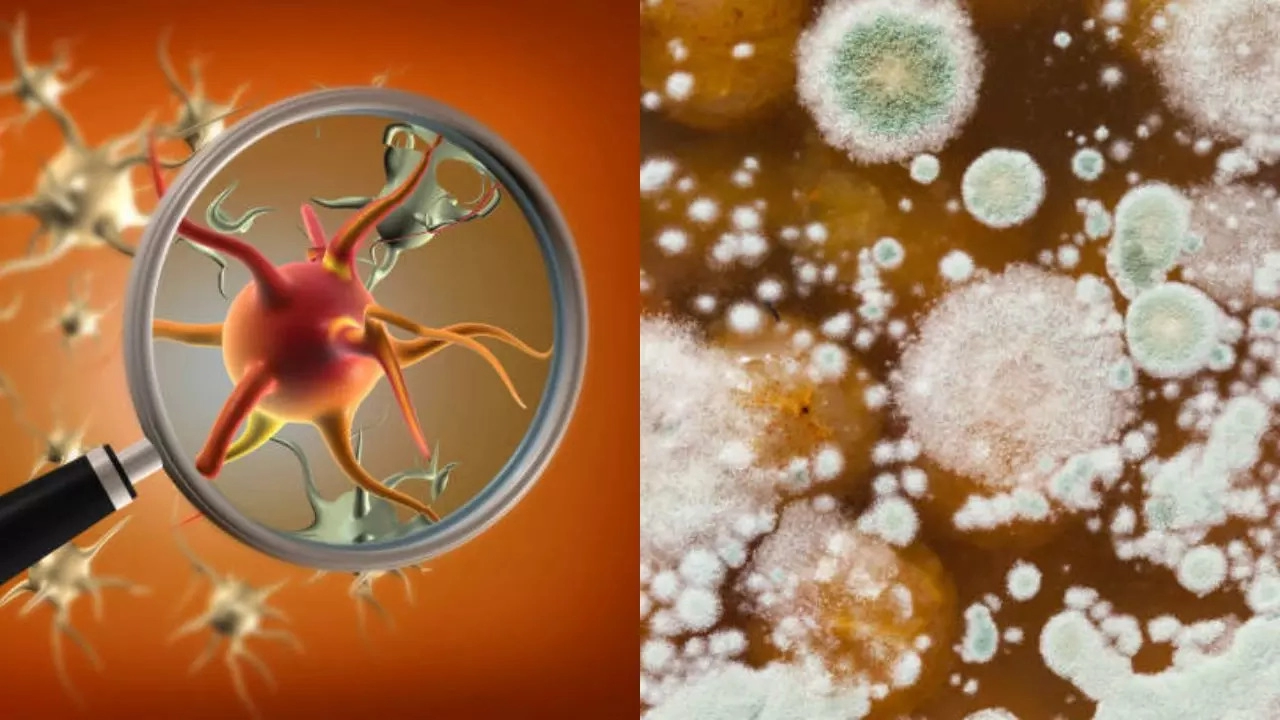
The rare fungus that causes the infection is also known as Trichophyton mentagrophytes genotype VII
There has been a significant rise in cases of a rare ‘jock itch’ fungus in New York, which causes a highly contagious yet rare rash around the genital area. According to a US health report, the fungus, that causes the infection, known as Trichophyton mentagrophytes genotype VII (TMVII), was identified in June this year as the first sexually transmitted case in the country.
Since then, four new cases have been reported, according to the US Centers for Disease Control and Prevention (CDC). In a statement, the US health agency said, “All four patients were cisgender men aged 30-39 years who reported recent sexual contact with other men. Patients A and D reported sexual contact with each other; patients B and C had no known epidemiologic link to anyone with known TMVII infection,” the statement read.
“Patient D was a sex worker. Patient B reported travel to Europe; the other patients reported no recent international travel history. Each patient was screened for other concomitant sexually transmitted infections and received negative test results.”
What is the jock itch?
According to the American Academy of Dermatology, TMVII or jock itch is a recently emerged dermatophyte that is closely related to T. Indotineae, which was previously called T. mentagrophytes type VIII. Doctors say the infection spreads between people and may be transmitted via sexual contact, including in specific patient populations such as men who have sex with men or persons who travelled to Southeast Asia for sex tourism.
It causes extremely itchy yet scaly lesions on the trunk, groin, genitals, or face. Some patients also experience inflammation or a painful rash that could further cause a bacterial infection.
Jock itch got its name as it is common among athletes, along with those who sweat a lot. The condition ranges from mild to serious. The US CDC says it is worried that this contagious ailment can be spread easily and so, has alerted dermatologists to be aware of TMVII as an emerging infection that can spread through sex.
How can the infection be treated?
Experts say the infection can be treated with antifungal medicines and can take up to months to clear up. You can be prescribed antifungal creams, ointments, or powders that can reduce itching and redness – the main signs of a rash between 2 to 4 weeks. However, in some cases, prolonged treatment is required.
When should you see a doctor?
Experts recommend visiting a doctor if your rash gets too painful or you develop a fever. Always seek medical care if the rash does not improve even after a week of self-care with the type of antifungal product you can get without a prescription.
Also, seek medical care if the rash does not clear up fully despite three weeks of treatment.
Get Latest News Live on Times Now along with Breaking News and Top Headlines from Health and around the world.


